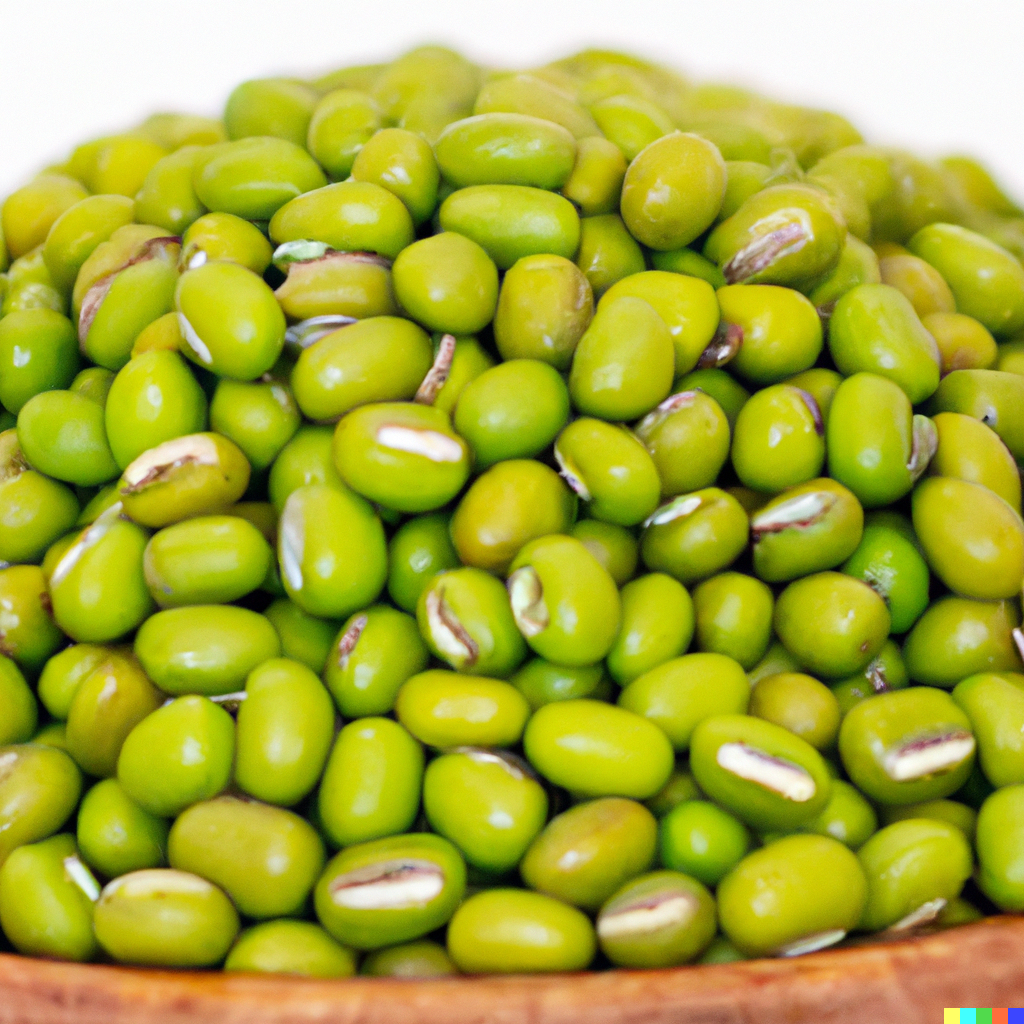Introduction to Mukimame
Mukimame, also known as shelled edamame, is a type of green soybean harvested before they mature. These bright, sweet beans are a common feature in East Asian cuisine, particularly in Japan, China, and Korea. Besides being a delightful addition to many dishes, mukimame is also gaining recognition for its impressive nutritional profile and associated health benefits.

The Nutritional Power of Mukimame
Mukimame is a rich source of essential nutrients. It boasts a high protein content, making it an excellent choice for individuals following plant-based diets. It’s also packed with fiber, vitamins, and minerals.
Here’s a glance at the nutritional value of mukimame per 100g serving:
| Nutrient | Amount |
|---|---|
| Calories | 122 kcal |
| Protein | 11.2 g |
| Total Fat | 5.2 g |
| Carbohydrates | 9.9 g |
| Dietary Fiber | 5.2 g |
| Vitamin K | 33 µg |
| Vitamin C | 6.9 mg |
| Calcium | 63 mg |
| Iron | 2.4 mg |
Detailed Health Benefits of Mukimame
Supports Heart Health
Mukimame is low in unhealthy fats and contains no cholesterol, making it heart-friendly. It’s also rich in isoflavones, plant compounds that may help lower “bad” LDL cholesterol levels, thus reducing the risk of heart disease.
Aids in Weight Loss
High in protein and fiber, mukimame can make you feel satiated, curbing overeating and aiding in weight management. The high fiber content also helps regulate blood sugar levels, preventing spikes and crashes that can lead to cravings.
Promotes Digestive Health
The fiber in mukimame can help maintain a healthy digestive system by adding bulk to the stool and promoting regular bowel movements. This can help prevent constipation and other digestive issues.
Boosts Immune System
Mukimame is a good source of antioxidants and vitamins, such as Vitamin C, which can boost your immune system and protect against common illnesses and infections.
Other Health Benefits
Apart from the above, mukimame also provides other health benefits. It’s a good source of iron, which can help prevent anemia, and calcium, which is vital for bone health. The isoflavones in mukimame might also have beneficial effects on menopausal symptoms.
Studies Supporting Mukimame’s Health Benefits
Several scientific studies support the health benefits of mukimame. For instance, research published in The Journal of Nutrition found that soy isoflavones can help lower LDL cholesterol levels. Another study in the American Journal of Clinical Nutrition found that soy protein might help reduce menopausal symptoms.
Ways to Enjoy Mukimame
Adding mukimame to your diet can be as simple as enjoying them boiled with a pinch of salt. You can also add them to salads, stir-fries, and stews. Blending mukimame into a smoothie can add a protein boost to your drink.
In conclusion, mukimame is a nutritious and versatile food that can provide numerous health benefits. From heart health to immune support, incorporating mukimame into your diet is a tasty way to enhance your health.